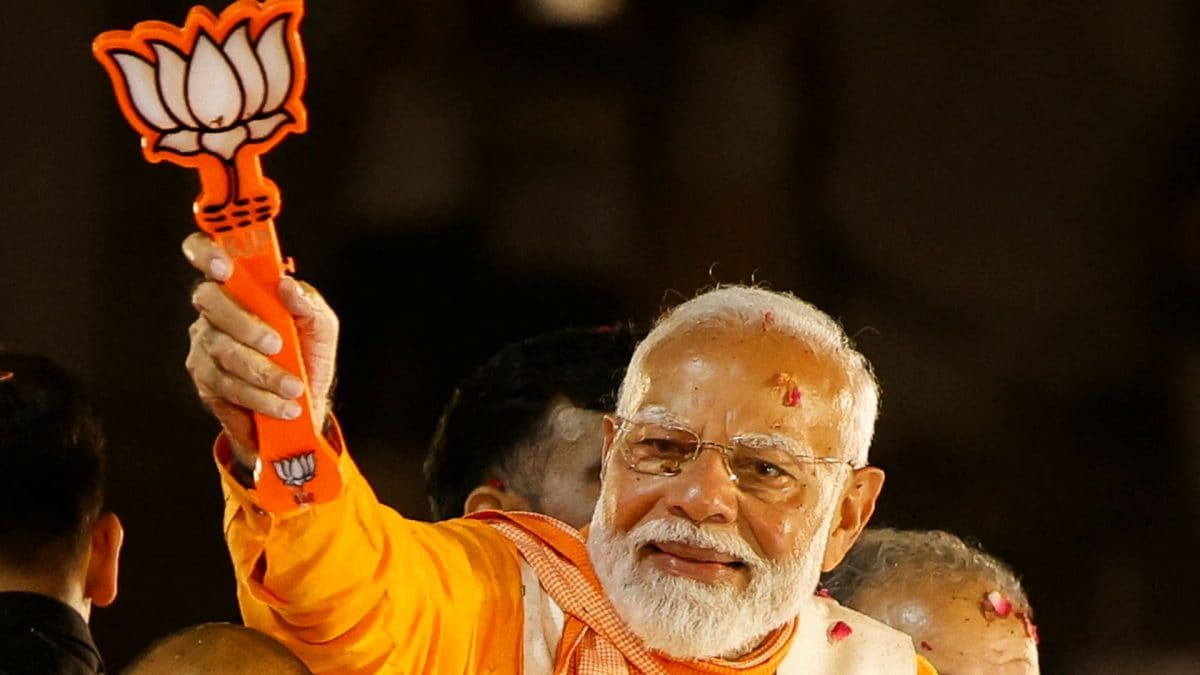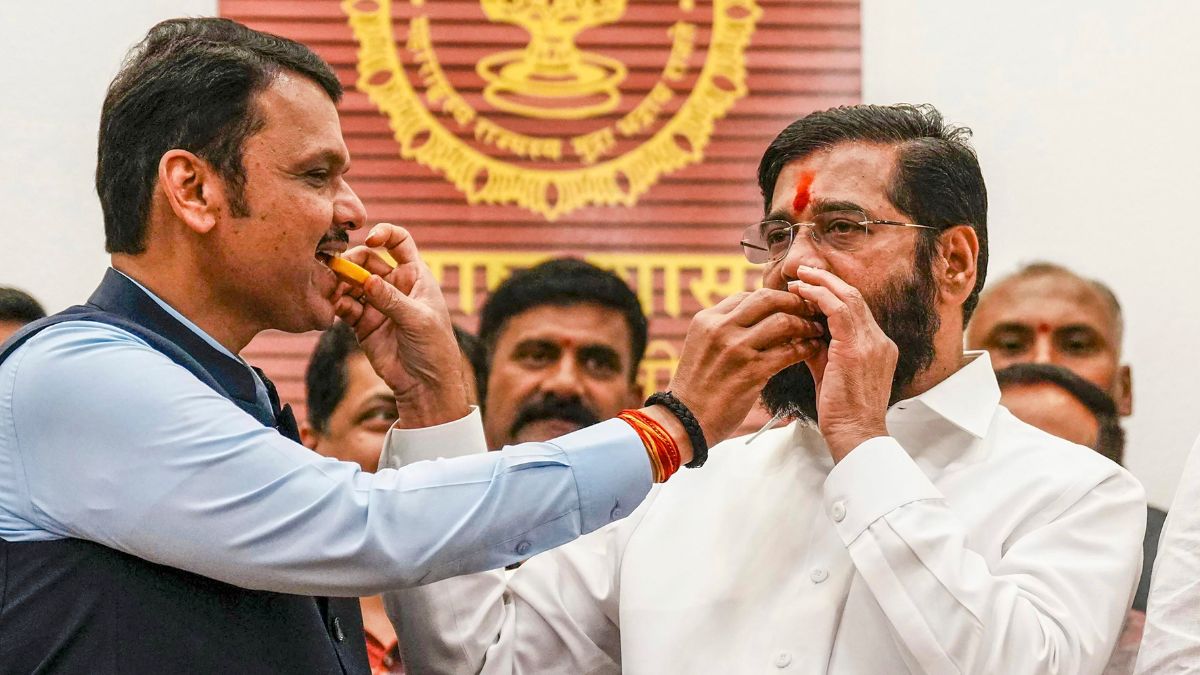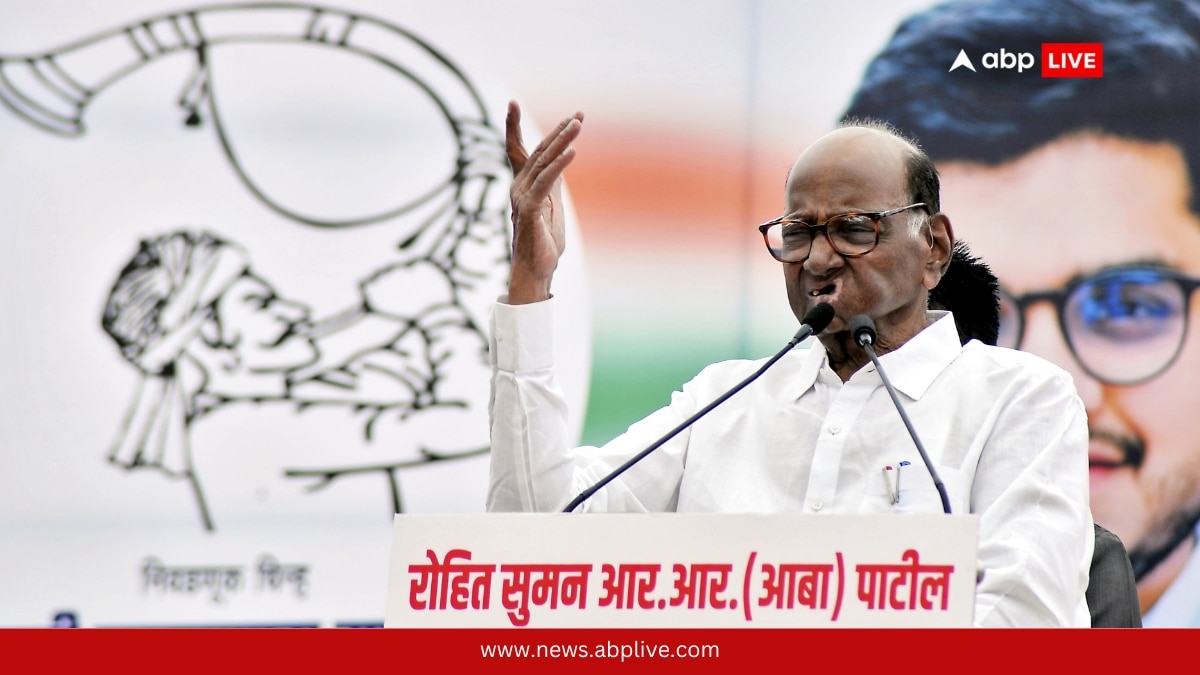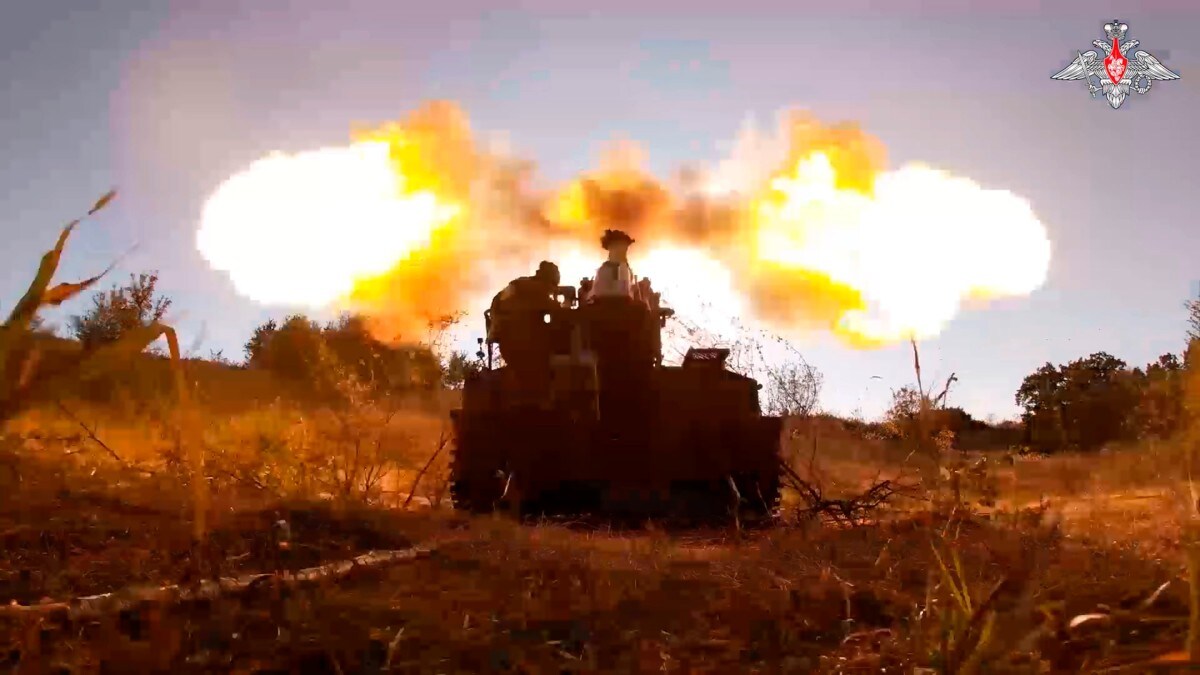
With the return of US president-elect Donald Trump of the Republican Party to the White House, countries around the world including Thailand are waiting to see and deal with the impact of the potential trade war between the US and China, higher tariffs imposed on exporters to the US, and the return of American unilateralism. Indeed, the world experienced Donald Trump in his first term during 2017-2021. At that time, Asia-Pacific nations witnessed Mr Trump simply withdraw from the Trans-Pacific Partnership (TPP), a major regional trade pact crafted by his predecessor, an act that shows Mr Trump's disdain for multilateralism.
Given the US trade deficits with many countries, including Thailand, Mr Trump, who during his campaign promised to raise tariffs on imported goods to the US, especially those from China, will likely be ferocious in his second term. The question is, what does Thailand need to do? His second term will be different. With the expected intense trade war between China and the US, Thai policymakers need to tread carefully in balancing diplomatic relations with both countries.
Sanan Angubolkul, president of the Thai Chamber of Commerce, must follow suit. The Thai government must also be careful to not be perceived as having an unfairly close alliance with China, or be a hub for Chinese investors, in a way that could undermine the image of Thai exports. According to a report released last month by The Trade Policy and Strategy Office (TPSO) under the Ministry of Commerce, the US is expected to impose non-tariff barriers such as anti-dumping policy, health and environmental regulations and food standards to protect consumers and their local manufacturers.
That said, Thai entrepreneurs should comply with environmental regulations and standards to build trust and create opportunities to ensure they are part of the global supply chain The TSPO and many experts share the opinion that the trade war between China and the US provides an opportunity for US companies to relocate their manufacturing bases to Thailand, while demand for products from Thailand may increase, offering opportunities for Thai entrepreneurs to cement their role in the global supply chain. But that means the Thai government must be able to compete with rivals like Vietnam or Indonesia that also want to woo US investors. The government of PM Paetongtarn Shinawatra needs to improve the skills of the labour force, and improve manufacturing innovation, to meet such high standards.
However, the challenges and threats do not come from US policy alone. What is equally worrying is the influx of Chinese goods into Thailand. With China facing trade barriers, many experts, including Mr Sanan, have warned the government to brace for a mass influx of cheap goods to countries in the region if Chinese exporters cannot export to the US.
Chinese manufacturers can send cheap goods via cargo barges on the Mekong and on high-speed trains from China to Laos. Many factories in Thailand will need to close their doors if consumers choose to buy cheap goods from China. The Thai government cannot just pray that foreign investors return to Thailand.
The country must improve its competitiveness and help local entrepreneurs become more competitive while boosting the image and quality of Thai products..














